More actions
blanked
Bloodlines
Voilenigme

- The Voilenigme (pronounced: Voo-al-ey-neeg-mey) Bloodline
- Morvanus & Valtriante
- Ithanian Sovereignty
- Haute Culture socialites
- enjoy the intrigue and espionage in high society
Nerocanto
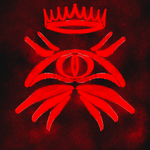
- The Nerocanto (pronounced: Ney-ro-can-to) Bloodline
- Shannon
- Vultaro
- blackmail bargains and extortionists, rogues
- enjoy blackmailing those who know they're vampires
Vintgast
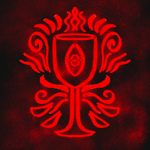
- The Vintgast (pronounced: Vey-nt-gah-st) Bloodline
- Shirva
- Sarnan lands & countryside
- countryside festival (feed the peasants and feed when they're in food comas)
- enjoy fattening up their victims
Torrghlas

- The Torrghlas (pronounced: Tor(rhyme with door)-glass(short a from the English "aghast") Bloodline
- Mannis
- Gallovia
- Monsters and shocktroops
- Overlaps with Drixagh variant and Dymolov, can maybe be changed to a new bloodline in a new area
Bremnevel
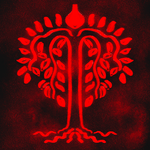
- The Bremnevel (pronounced: Brem(rhyme with bed)-ney-vel) Bloodline
- Zardar
- Anglia
- Bog Witches
- might be too niche but eh
- enjoy, alchemy? weak
Silberfeder
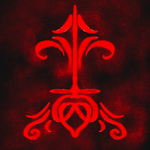
- The Silberfeder (pronounced: Sil-burr-fey-der) Bloodline
- Colvan
- Calemberg
- courtly tacticians
- enjoy the chess game between vampire hunters and covens
Valhersir

- The Valhersir (pronounced Val-hur-seer) Bloodline
- Otrygg
- Drixagh
- religious perfectionists?
- also kinda sucks as a theme
Aullavientos

- The Aullavientos (pronounced Au(rhyme with ouch)-la-vee-yen-tos) Bloodline
- Kydaer
- Daen
- beast tamers
- enjoy the thrill of the hunt
Dymolov
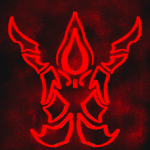
- The Dymolov (pronounced: Dee-mo-lov) Bloodline
- Ramonder
- Magic Russia
- Demon folklore Vampires
- enjoy demon larping and being the stuff of nightmares